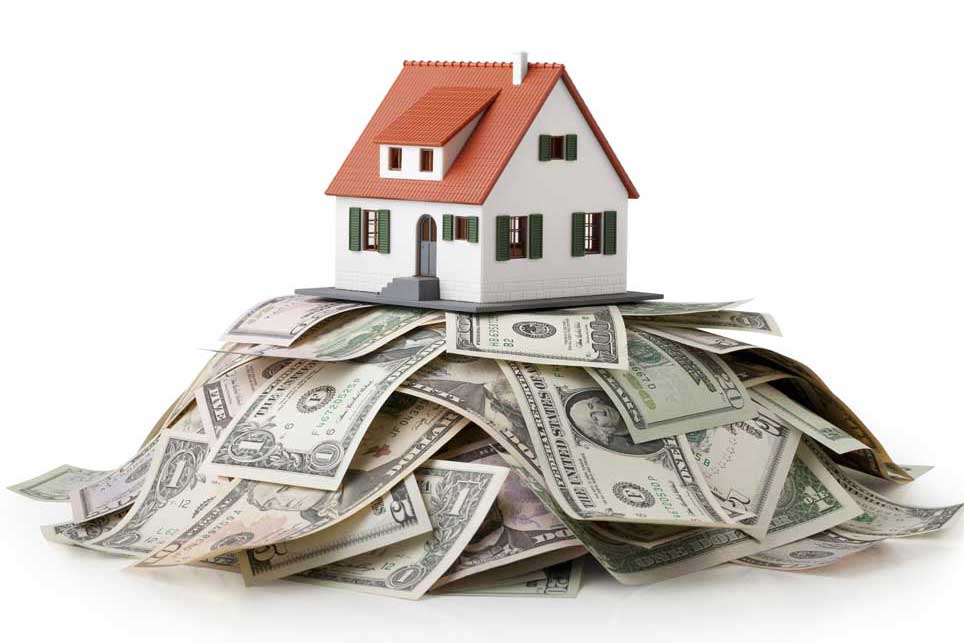Huge equity increases for homeowners might not be enough to prevent foreclosures, according to Black Knight’s latest Mortgage Monitor Report.
“An analysis of our McDash loan-level mortgage performance dataset back to 2007 shows that holding equity in one’s home might not be a blanket backstop to foreclosure activity,” said Black Knight Data & Analytics President Ben Graboske.
He explained that for homeowners who were 120 or more days late, having high equity did not significantly change the likelihood of being recommended for foreclosure. While borrowers are considerably less likely to have their homes involuntarily liquidated if they have high equity, it does happen. Thirty percent of borrowers recommended for foreclosure with 40% equity stakes lost their homes.
“What the data doesn’t tell us is why so many people who could avoid involuntary liquidation by selling through traditional channels simply do not end up doing so,” he said.
“Whether that’s due to lack of understanding of their equity positions or the foreclosure process in general is unclear. But given the large number of high equity homeowners currently struggling to make their payments, this represents a significant challenge for the industry: how to educate struggling homeowners on the post-forbearance, foreclosure, and – if needed – home sale processes, to limit unneeded stress on homeowners and the market alike.”
CoreLogic reported that nearly three in four forbearance plans expired in September. CoreLogic economist Yanling Mayer urges caution when it comes to forbearance exits even when equity stakes are high.
“It is true that rapidly rising home prices during the pandemic have boosted home equity, which is helpful in preventing borrowers from losing their home through foreclosure,” she said.
“But it will take an affordable and sustainable exit plan to keep borrowers in their homes and preserve homeownership.”
The report also found that the housing market is beginning to cool. The Black Knight HPI shows annual home price growth slowed from 19.4% in July, an all-time-high, to 19% in August. It was the first decline in the annual rate of appreciation in 15 months. That trend looks like it will continue in September.
A cooling market could benefit potential buyers struggling due to housing shortages and record-breaking prices. Monthly mortgage payments are the least affordable for average buyers since the recession, according to the Federal Reserve Bank of Atlanta.
The median American household would need to spend 32.1% of its income on mortgage payments on a median-priced home today, compared to 34.2% in November 2008.
Black Knight reports that interest rate increases would result in home affordability tanking to a 12-year low. If interest rates reach 3.5%, average monthly payments would increase by more than $100. If they hit 5%, households would have to pay $380 more per month on mortgage payments for an average-priced home, and affordability would reach its lowest levels ever outside of 2004-2008.
